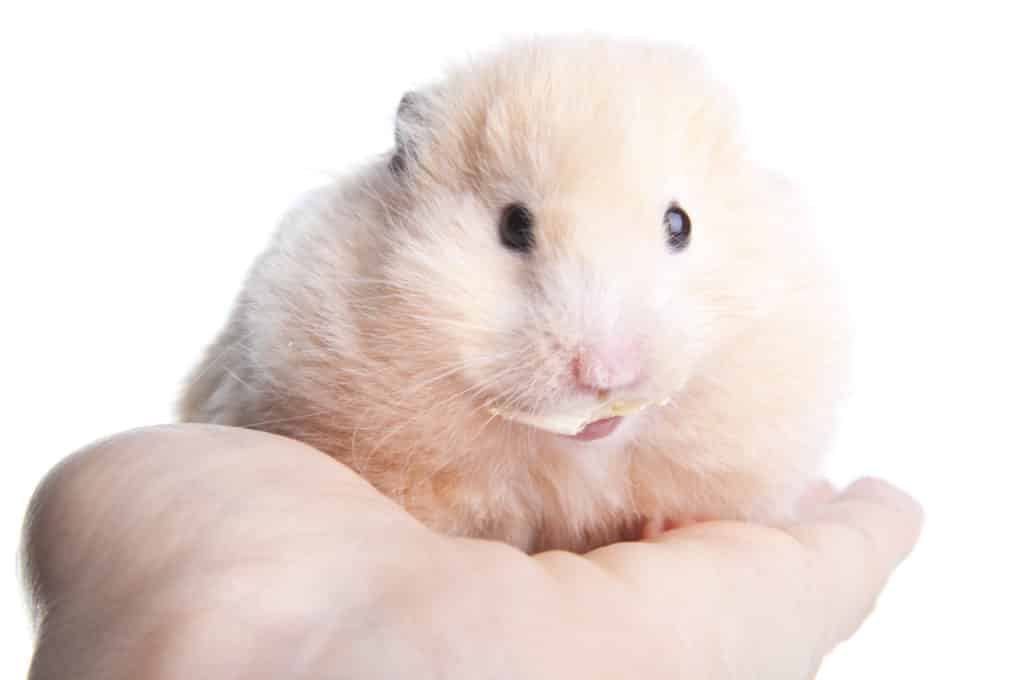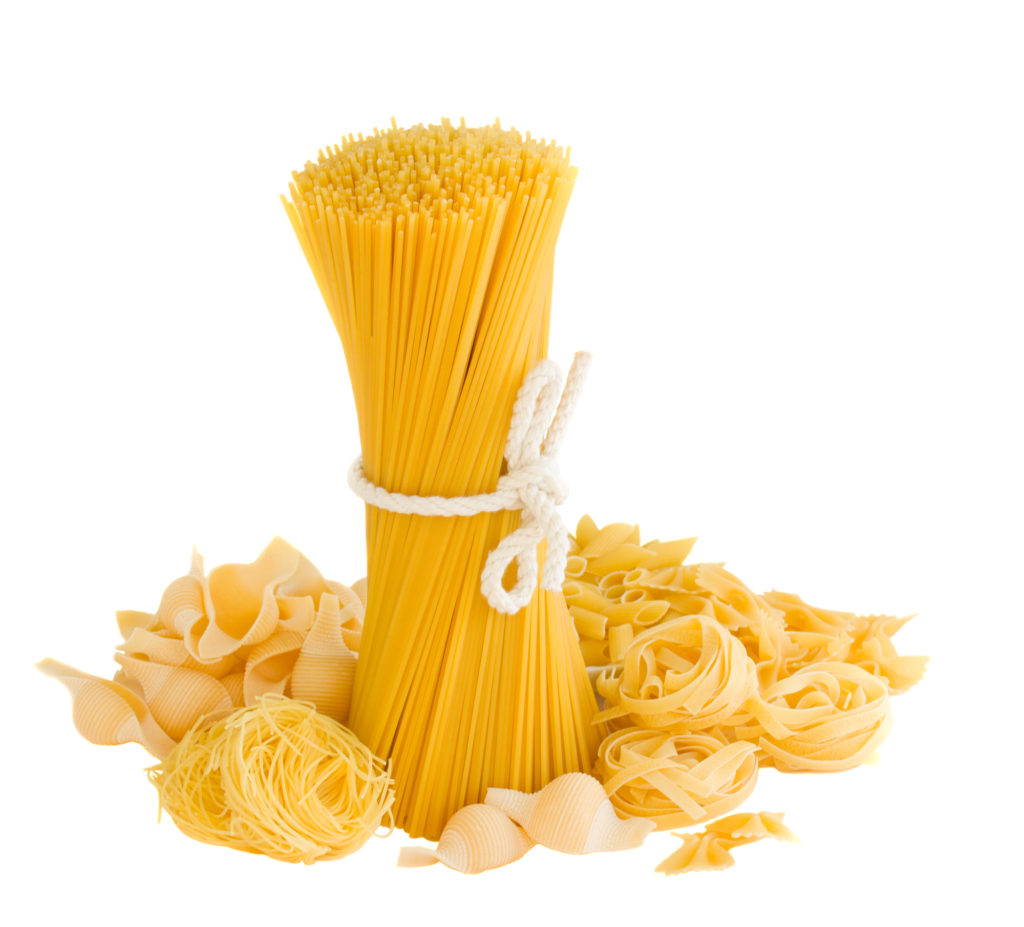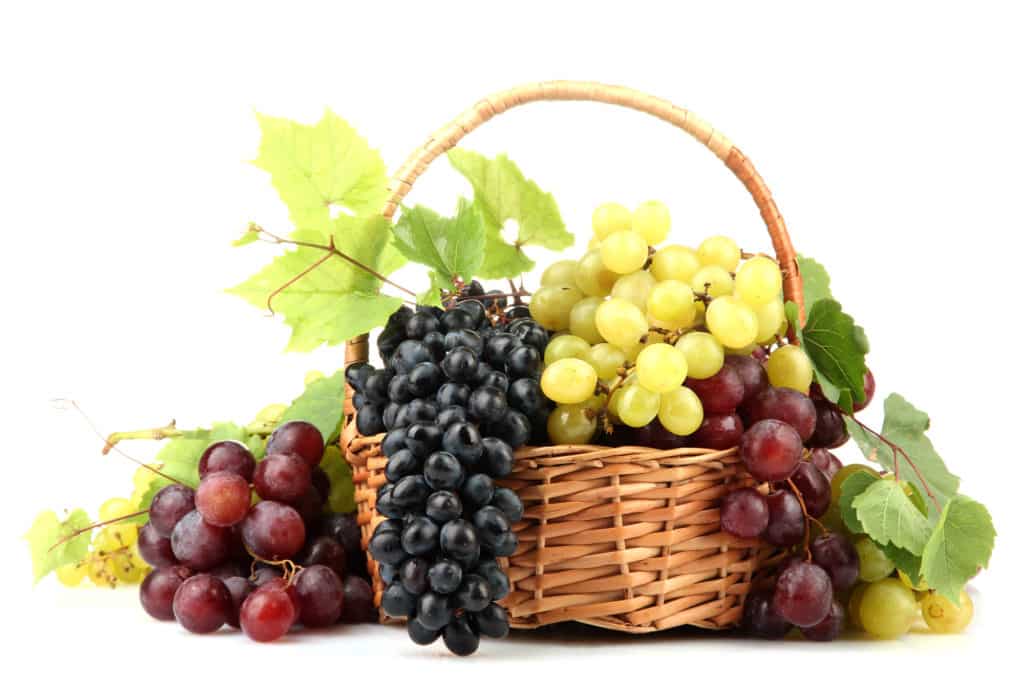Avocado is a fruit that has gained a lot of popularity in the last few decades. But it is not surprising considering how healthy avocados are. Indeed, avocados have a reputation as one of the best nutrient-dense foods. So, a lot of people have started consuming it at least once a week. If you are one such person who also happens to own a hamster, it wouldn’t be surprising if you ever considered giving avocados to your hamster. But can hamsters eat avocado? Are avocados safe for hamsters? How much avocado can a hamster eat? Read this blog post and find out the answers to these questions.
Nutritional content in Avocado
The nutritional content in 100g of avocado is listed below:
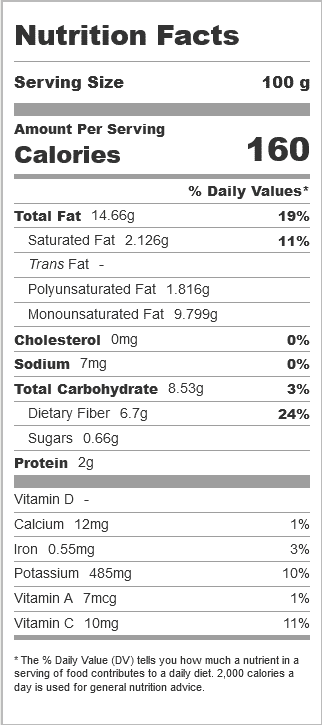
(Source: Fat Secret)
Health benefits and risks of eating avocado
Health benefits of avocado
1. Avocado contains a sterol (A fat-like substance) called beta-sitosterol, which might help maintain healthy cholesterol levels. Thus, avocado helps keep the heart healthy.
2. Avocado is a very good source of dietary fiber. It has more fiber content than many other fruits. Fiber makes your hamster feel full sooner and prevents him from overeating. One avocado contains 13.5 grams of dietary fiber, of which 4.2 grams are soluble, and the rest is insoluble fiber (Source: Healthline). Insoluble fiber draws water to the stool, makes it soft, and prevents constipation. It reduces the risk of colon cancer. Soluble fiber feeds the good bacteria in the guts. It also helps lower blood sugar and cholesterol levels and reduces the risk of cardiovascular diseases (Source: PubMed).
3. Avocado is a good source of essential vitamins like Vitamin C, Vitamin E, and Vitamin K. Vitamin C helps create, develop, and repair the cells in the body. So, the skin, bones, and tissues in the body need Vitamin C. Vitamin C also plays a big role in healing as well. Vitamin E acts as an antioxidant and protects the body from oxidative damage. It strengthens the immune system. Vitamin E also widens the blood vessels and prevents blood clotting within them (Source: Love One Today). Vitamin K keeps the bones and tissues in the body healthy. It creates the proteins that the body needs for clotting blood. If your hamster doesn’t consume enough Vitamin K, his bleeding won’t stop easily after an injury. Vitamin K also helps the body absorb calcium more efficiently and reduces the amount of calcium excreted through urine. Thus, it keeps the bones and teeth of your hamster from weakening.
4. Avocado contains good amounts of B vitamins (B1, B2, B3, B5, B6, and B9). B vitamins, in general, help the body break down the food (carbohydrates, fats, and proteins) we eat and produce energy. Besides that, B vitamins are needed by the body for various other processes. For example, Vitamin B1 plays an important role in the functioning of muscles, the heart, and the nervous system. Vitamin B2 is required for growth and the production of red blood cells. Vitamin B3 is required for the proper functioning of various organs like the nerves, skin, and digestive system. Vitamin B6 helps the body create antibodies and synthesize hemoglobin, helps the nerves function properly, and helps keep sugar levels in the normal range.
5. Optimal intake of Vitamin B9 may reduce the risk of developing stomach, pancreatic, colon, and cervical cancers (Source: The National Institute of Health, USA). This vitamin also acts as a coenzyme in the synthesis of DNA and RNA and also in the metabolism of amino acids. Vitamin B9 also prevents the buildup of homocysteine in the body. Homocysteine is the substance that impairs the delivery of nutrients to the brain, causes cognitive dysfunction and depression, and inhibits the production of hormones responsible for regulating appetite, mood, and sleep. Vitamin B9 protects the body from all the harmful effects of homocysteine.
6. Avocado also contains important minerals like potassium, iron, magnesium, manganese, and copper. Potassium helps counter the negative effects of sodium, thus keeping the blood pressure within a healthy range. It reduces the risk of developing kidney stones as well. Iron helps the body synthesize hemoglobin and myoglobin, the proteins that carry oxygen to various parts of the body. If the consumption of iron is inadequate, fatigue and reduced tolerance to extreme temperatures often occur. Magnesium is another mineral that the body needs. It plays a big role in the functioning of muscles, functioning of some enzymes, synthesis of proteins, and production of energy. Manganese helps the body form bones, connective tissues, and sex hormones. It improves calcium absorption and regulates blood sugar levels (Source: Mountsinai). Copper helps the body make red blood cells and keeps the immune and nervous systems healthy. It can also act as an antioxidant.
7. Avocado is a rich source of important antioxidants. Among the twenty most common fruits we eat, avocado is the best source of glutathione, lutein, beta-sitosterol, and Vitamin E. Glutathione and lutein are antioxidants that protect the eye from oxidative stress and diseases like cataracts and macular degeneration. Glutathione is also one of the best antioxidants out there based on its ability to fight oxidative stress (Source: Enhanced Vision). Avocado contains carotenoids and phytochemicals, which protect the body from cancer (Source: Medical News Today). Laboratory studies suggest that carotenoids can be effective in inhibiting the progression of cancer through the body (Source: PubMed). The antioxidants in avocado are found to improve heart health and cognitive function as well (Source: Healthline).
8. Avocados contain a lot of fat. About 77% of its calories come from fat (Source: Healthline). But most of it is monounsaturated fat, which is a type of good fat (Source: WebMD). When compared to saturated fats, unsaturated fats can help lower the amount of LDL, the type of cholesterol that is harmful to the body, and reduce the risk of cardiovascular diseases in humans (Source: PubMed). Unsaturated fats also reduce insulin sensitivity and reduce the risk of diabetes in humans (Source: PubMed).
Risks
Despite the numerous health benefits of avocado, too much of it can be dangerous. The following risks should not be overseen.
1. Avocados are a rich source of fiber. So, eating too much of it can cause gastrointestinal issues like bloating, diarrhea, etc.
2. Avocado is a high-fat, high-calorie food. Even though most of the fat it contains is unsaturated fat, consuming too much of it can lead to obesity. Moreover, since fat is digested slower, it can quickly create a feeling of fullness (Source: Live Science). So, it can prevent your hamster from eating other food items and hence, cause nutritional deficiencies.
Can hamsters eat avocado? Is avocado safe for hamsters?
Unfortunately, no. Despite avocado being a delicious and healthy fruit for humans, it can be a dangerous fruit for your hamster. The amount of fat and fiber that avocado contains is too much for little creatures like hamsters to tolerate.
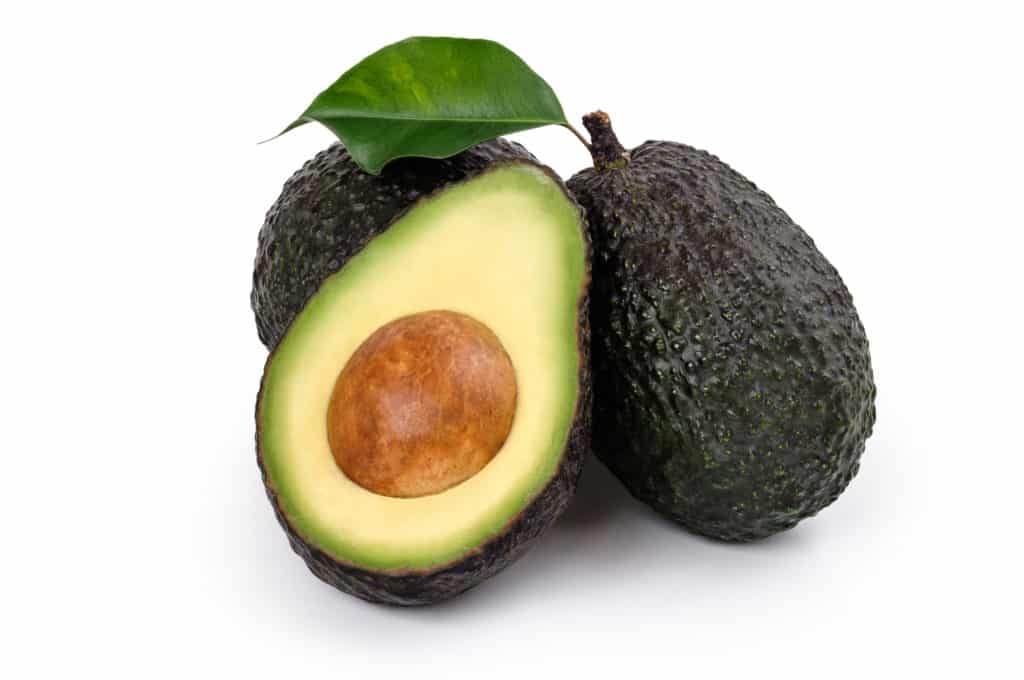
Is avocado toxic for hamsters?
No, avocado is not toxic for hamsters. So, if you give avocado to your hamster once in a while, he wouldn’t die. Still, you shouldn’t give him avocado or give it very sparingly.
Why shouldn’t hamsters eat avocado?
You shouldn’t give avocado to hamsters because avocado is a high-calorie, high-fat food. Since hamsters are small creatures, they can become obese easily. As hamsters like to remain active most of the time, becoming obese can prevent them from running around, playing, and being active. So, it can alter their lifestyle completely (Source: Pet Consider).
Moreover, since avocado contains a lot of dietary fiber, it can cause digestion problems like diarrhea.
In addition to that, the soft fleshy part of avocado can get stuck in the gap between your hamster’s teeth, where they can rot and become a breeding place for bacteria. It can lead to problems like tooth decay and abscess. So, it is better not to give any avocados to your hamster.
Finally, the soft fleshy part of avocado can also get stuck in your hamster’s cheek pouches if he decides to hog it. This can cause an impacted cheek pouch (Source: Pet FAQ).
So, instead of feeding avocados to your pet hamster, you can give him other fresh fruits and vegetables.
Can hamsters eat avocado seeds?
No, hamsters should not eat avocado seeds.
Fun Facts
What is an avocado?
The scientific name of Avocado is Persea americana. Not just the fruit but the tree is also known as avocado. The tree grows in warm climates. The fruit is known as avocado pear or alligator pear.
Avocado is classified as a berry. There are three main types of avocado: Mexican, Guatemalan, and West Indian.
Mexico is the leading producer of avocado. In 2019, it produced about 32% of the global supply of avocado (Source: Wikipedia).
Origin
Avocados probably originated in the Tehuacan Valley in Mexico. The oldest discovery of people eating avocados comes from an archaeological site in this area which is 9,000 to 10,000 years old. Some people think that avocados evolved this way (fleshy fruit with a big seed inside) so that they could be eaten whole by large mammals (which do not exist today). When these large mammals eat these fruits and excrete the seeds, they help avocado propagate its species.
Early humans also helped propagate the species by domestically cultivating it. The cultivation of avocado trees began in Central and South America probably 7,000 years ago.
The Spanish conquistadors then took the fruit to Spain and introduced it there in 1601. From there, it spread to other parts of the world.
Summary
Avocado is a healthy fruit that offers several health benefits for humans. But for hamsters, it can be unhealthy. So, you should give avocado only very rarely to your hamster or avoid it altogether. Instead of feeding avocado to your hamster, you can give him other fresh vegetables and fruits.
